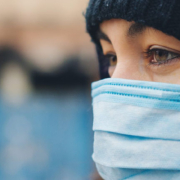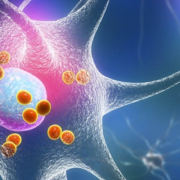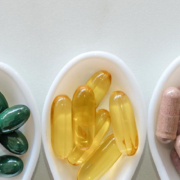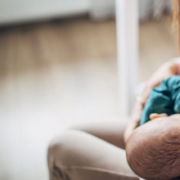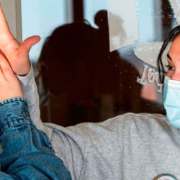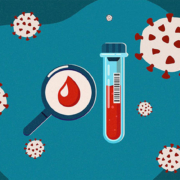Reducing COVID-19 isolation times
The highly infectious nature of the new coronavirus (SARS-COV-2) has changed social habits throughout the world. Even with vaccinations on the rise, many countries hesitate to allow their residents to return to pre-pandemic activity. Moreover, they continue to demand that infected people isolate themselves for a minimum number of days after the onset of symptoms in a one-size-fits-all manner.
In a new study, a multi-national effort that included researchers at the Institute for Advanced Study of Biology (ASHBi), Kyoto University, Japan, uses a mathematical simulator of the SARS-COV-2 dynamics to demonstrate that the number of days can be reduced for many patients if PCR tests are used.
Patient isolation is one of the most effective if not most effective means of preventing the spread of SARS-COV-2. Beginning last year, people had to quickly adapt to weeks-long isolation after testing positive or showing symptoms, but these policies are exhausting societies. To maintain public cooperation, policymakers are seeking guidelines that shorten the isolation period while minimizing the risk of releasing infectious patients. eLife
Release date: 27 July 2021
Source: Kyoto University


